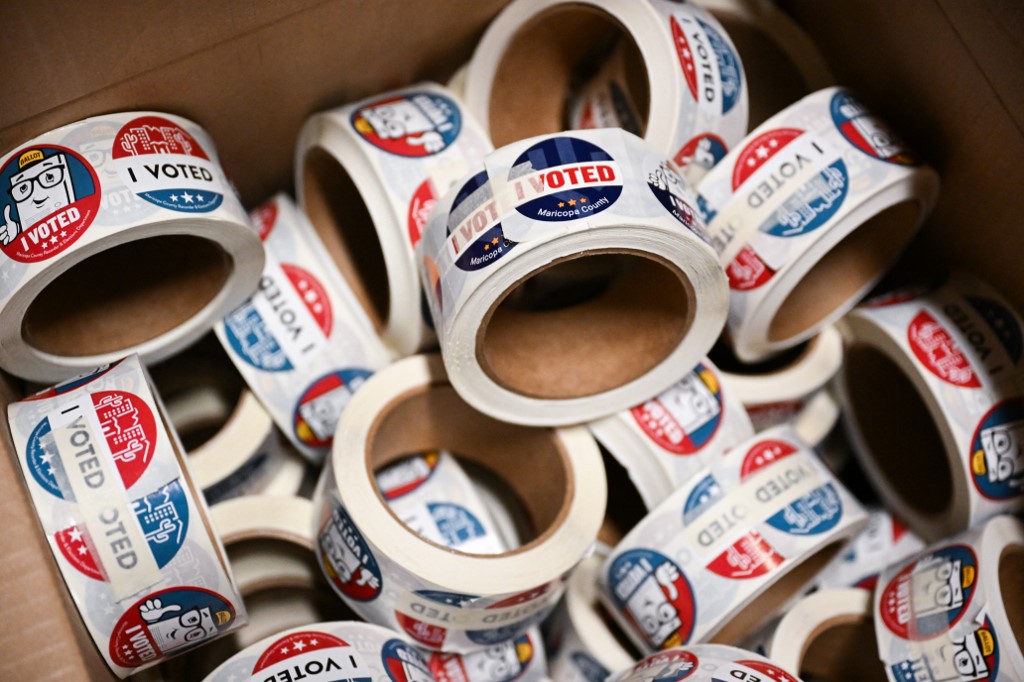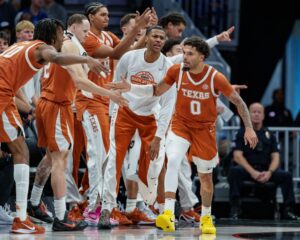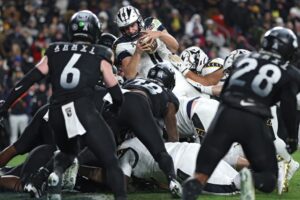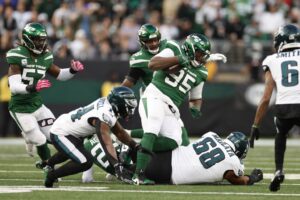Kalshi, one of the major trading platforms for election futures contracts, was back inside a courtroom battling the Commodity Futures Trading Commission and arguing that the company does not need the regulatory body’s approval to sell election contracts.
Judicial Jousting
The legal matter before the U.S. Court of Appeals for the D.C. Circuit is not whether Kalshi should be allowed to offer event trading on elections but whether the Commodity Futures Trading Commission (CFTC) has the right to invoke a “special rule” allowing for CFTC review.
In a legal battle brought by the CFTC last year, a D.C. District Court judge ruled that Kalshi’s contracts on the outcome of congressional elections did not involve unlawful activity or “gaming,” which subsequently allowed them to offer similar contracts on the presidential election. But now the CFTC has taken their argument to the next level, hoping an appellate judge will rule in favor of them and vacate the lower court ruling.
Rob Schwartz, general counsel for the CFTC, said last week that the governing body’s mission is “to build and maintain a thriving derivatives industry that is distinct from the gambling business that has been the work of 175 years.”
“The reason we’re here today is because a federally regulated exchange has turned itself into an online casino for betting on elections,” Schwartz said. “The question for the court, though, is not whether that’s right or wrong, but whether the CFTC can even evaluate that activity.”
Yaakov Roth, a partner at law firm Jones Day working on behalf of Kalshi, said that the “policy arguments” in favor of prediction markets include “legitimate hedging and economic needs” and the “informational value” they provide to the public. (…) The commission’s interpretations of the statute are untenable and lack any meaningful limiting principle,” Roth said. “I certainly understand the policy arguments, both for and against election prediction markets. But the question here is: Did Congress empower the commission to prohibit them?”
Kalshi believes the lower court got it right and that the commission has no jurisdiction in this matter. Arguments for and against will continue for the next several weeks before a judgment is rendered.
Is Election Betting Legal?
Online sportsbooks are prohibited from offering election betting on their platforms, but derivative trading is different. Election betting on these prediction markets involves taking out a contract whose price can fluctuate unlike at a sportsbook where the odds are locked in the moment a bet is made.
Commodities trading has been around for years and is a staple of finance trading, whether it be gold, silver, natural gas, or even pork bellies. It’s a prediction-based market, which is why predicting elections has been allowed to trade.
That said, there are concerns about mixing financial gain with election outcomes. On the other hand, some would argue that these trading markets would act as a good hedge against a candidate who may be anti-business and whose election could deleteriously affect stock prices, etc.
Those who are concerned could bet on that candidate to win as a hedge against what they perceive would be future losses by having that politician in office. Conversely, should that politician lose, so too would the contract, but the long-term outcome would be positive because that person failed to win the office.
In other words, some would look at election betting as taking out insurance against a candidate whose policies would be detrimental to whatever business of theirs would be adversely impacted. Thus far, US election betting on platforms like Kalshi is legal, but how long that lasts is now in the hands of the courts.








